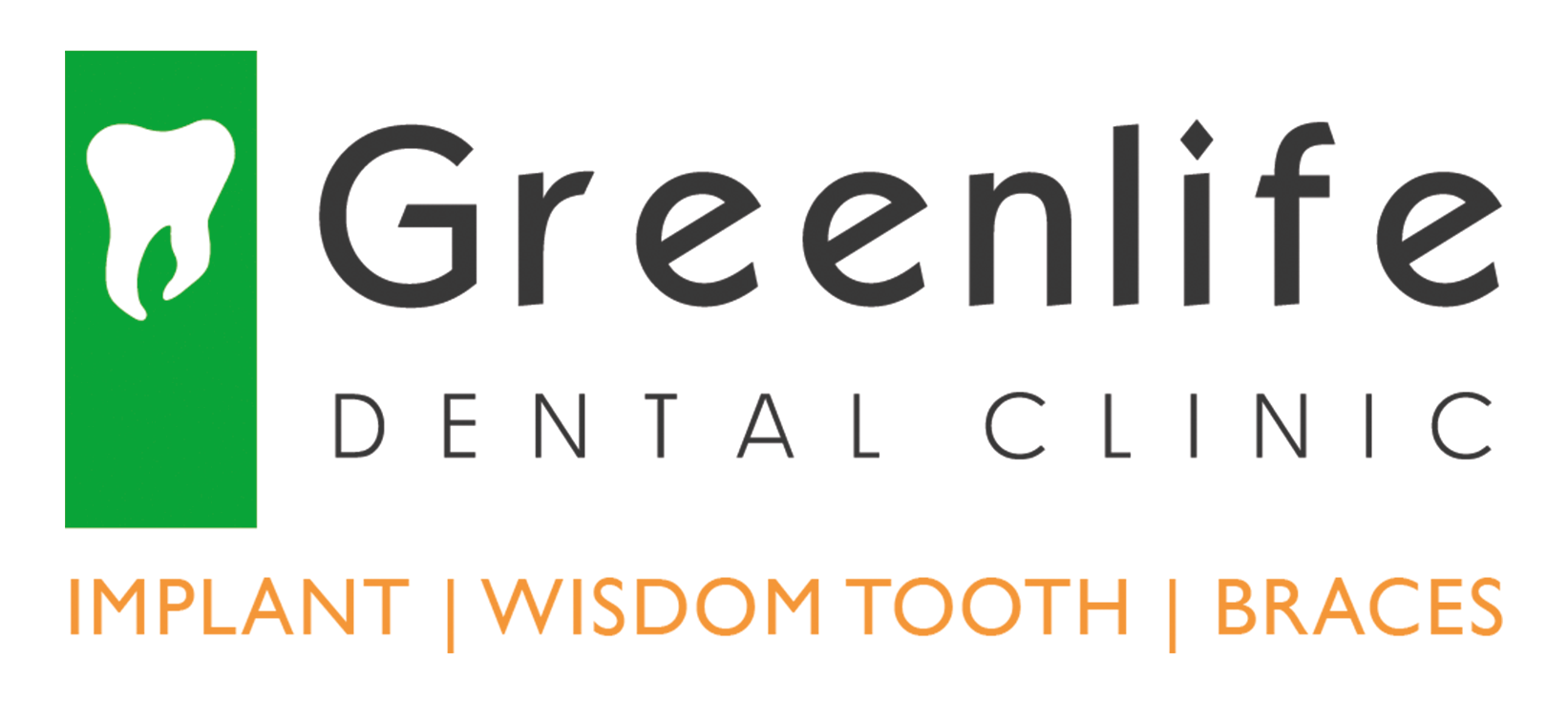5 Important Questions to Ask Your Dentist About Wisdom Teeth Removal
#AskOurDentist
Did you know that every single year, 70% of patients studied had at least one impacted wisdom tooth that could lead to infections?
If you noticed some pain in your mouth, it may be from an impacted wisdom tooth. That means it may be time to get them removed!
But before you do, there are questions to ask. This guide will walk you through what you should know before your wisdom teeth removal and what to ask your dentist!
1. What Can I Expect From the Procedure?
It’s always a good idea to know what to expect from a dental surgery before going into the procedure room.
Most likely, your dentist will tell you the following.
The time you are spending during the procedure is usually about 45 minutes. The dentist is either going to pull out your wisdom teeth or going to have to surgically remove them through extraction if they are still impacted under your gums. Your dentist will be able to tell you this before you go into the surgery.
During the procedure, the dentist will do the following:
- Make an incision in the gum tissue
- Perform the pre-removal procedure
- Remove the tooth
- Cleans the site
- Stitch up the wound
- Place gauze over the stitches to control the bleeding
2. Do I Need to Get My Wisdom Teeth Removed?
If you are second-guessing your wisdom teeth removal, you may want to ask your dentist if you need to get them removed through wisdom tooth surgery.
Their answer may vary depending on your situation.
For instance, if your wisdom teeth are bothering you, the only way to stop the pain would be to have the teeth removed.
On the other hand, if you do not feel them bothering you but they are still impacted, and you have a small mouth, your dentist may suggest having them removed to reduce the impact if they do come through your gums. This could cause a change in your smile (crooked teeth or misaligned teeth), more pain than you have now, and even problems with your gums and overall bite.
3. What Should I Expect After the Procedure?
Once the procedure is complete, you will need to prepare for a recovery period. This period differs from person to person.
Most of the time, you will receive painkillers from the dentist that you can take if you are in extreme pain. After a few days, you should be able to ween off of the painkillers and take over-the-counter medicine like Asprin or Ibuprofen.
4. What foods to eat after wisdom tooth surgery?
You should only eat soft foods and foods for the first 3-5 days after the procedure. This ensures that your stitches stay in place and that you do not hurt yourself more.
Some foods to eat include:
- Ice cream
- Yogurt
- Eggs
- Oatmeal
- Smoothies or milkshakes
- Soups
- Mac and cheese
- Smaller types of pasta
Do keep in mind that you cannot eat hot foods or drink hot fluids the first day after the wisdom teeth removal. This means no soups or coffee on the first day.
5. What Are Some Complications I Should Be Aware Of?
Just as with any surgery, there are complications that you should be aware of that could happen. However, this does not mean that they will happen.
Damage to Nearby Nerves
One effect of having your wisdom teeth removed is that you may have damage to nearby nerves or teeth if one is accidentally hit during the surgery. You could even have damage to your sinuses.
This is not a common occurrence, though, as only a little under 20% have experienced nerve damage from wisdom teeth removal.
Painful Dry Socket
After you get your wisdom teeth removed, you will be responsible for keeping the areas clean. A dentist will usually give you a syringe that you can fill with saltwater to rinse where it is difficult to brush.
A dry socket can form. This happens when a blood clot doesn’t form in the area of the extraction or somehow falls out. This exposes the tissues and nerves, which can be extremely painful.
However, if the dry socket is not fixed when it happens, an infection can occur if food or bacteria becomes stuck in the areas of the extraction. You will need to see the dentist again to receive antibiotics and a treatment plan.
- When Should I Have My Wisdom Teeth Removed?
If you are trying to figure out the best time for wisdom tooth removal, you will want to try to plan around important life events or work.
The best time would be to do it before you turn 20, as this can help with a speedy recovery. If not, that’s also okay, you’ll just need to plan for a longer duration to be out of commission.
Everything to Know About Wisdom Teeth Removal
If wisdom teeth removal has been on your mind or is on the schedule for the upcoming weeks, you now have a lot of answers you’ve probably been wondering! Remember it’s best to ask your dentist what to expect from wisdom tooth extraction as well since they know you and your situation.
Are you ready to make the appointment? You can book an appointment with our dentist so that you can get peace of mind about your wisdom tooth!
Read more about wisdom teeth here…
Why do we have wisdom teeth problems?


